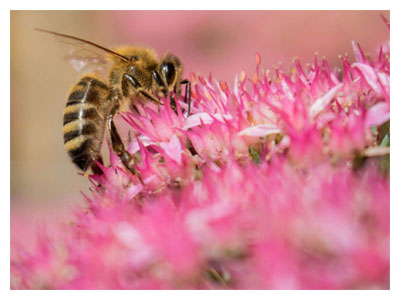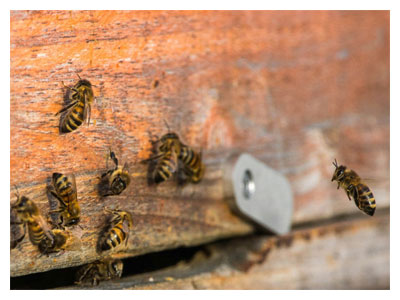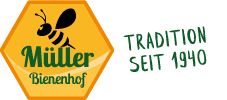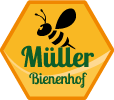We can not prove If this quoted by Einstein corresponds to the truth or not, but it is irrefutable that 80% of the cultivated and wild homegrown plants are pollinated by the bees. A huge work that bees perform and we wonder, if they did not who would? The bees make a vital work with the pollination of the plants during their nectar collection in our rich flora. In a circumference of 3-4 kilometers they collect the nectar and travel for a pound of honey about 150,000 km; this makes the bee the third most important farm animal on the planet.
Honey for love towards nature and good taste.


The nectar harvested by our bees and transformed into honey is a natural product, a small miracle of mother nature. Each ounce of honey is not only sweet and delicious, it also contains a quantity of important substances as they have few foods. Or to sweeten cereals and other raw foods, to make desserts, accompanied by fish or meat, marinade or meat sauce, honey is used for many uses; also with salads, vegetables and soups.
Honey not only tastes great, it also has excellent healing properties as well as a disinfectant and antibacterial effect. This is why it is also used as a remedy in traditional medicine. The variety of uses is truly incredible and probably makes the beehive the smallest pharmacy in the world. Not only is honey healthy, even pollen and propolis are helpers from the hive. They contain important vitamins and amino acids that support our immune system. Pollen is used in several cases such as anemia and circulatory disorders. The poison transmitted by the bee sting helps against rheumatic problems and is said to also prevent heart attacks.
Honey is a natural food product that is healthy and free from fats and risk elements such as cholesterol or purines. Try our organic products from the Müller Bienenhof. Among spring honey, linden honey, acacia honey or our classic forest honey rich in minerals in our shelves there are products for all tastes. In our farm shop or even directly here on our Online Shop you can find all our honey varieties. Who is interested in the beekeeping Müller is invited to visit us, or can reread in the history of beekeeping to which principles and biological ideas we inspire.
Family Müller

